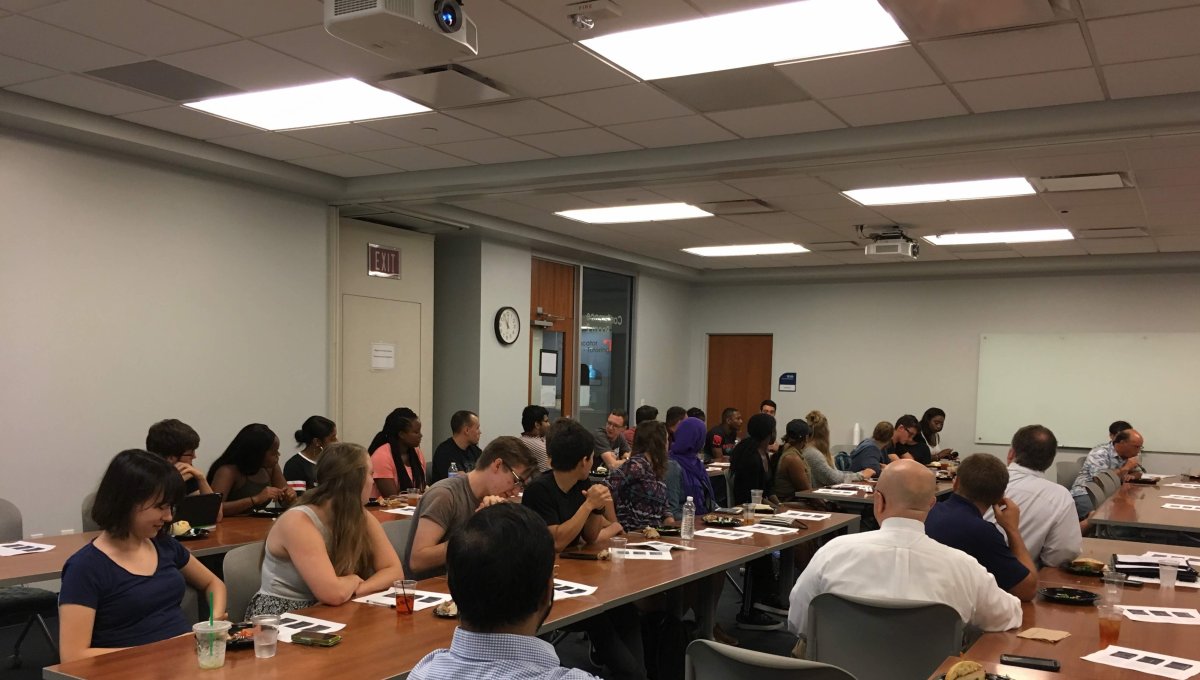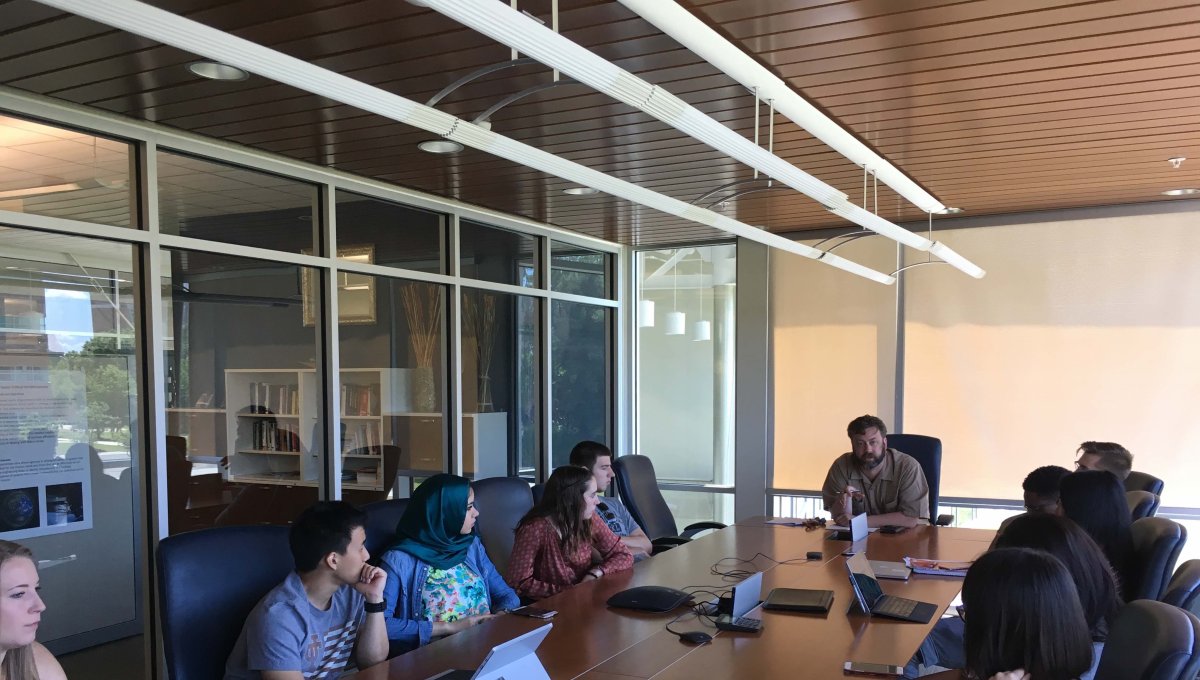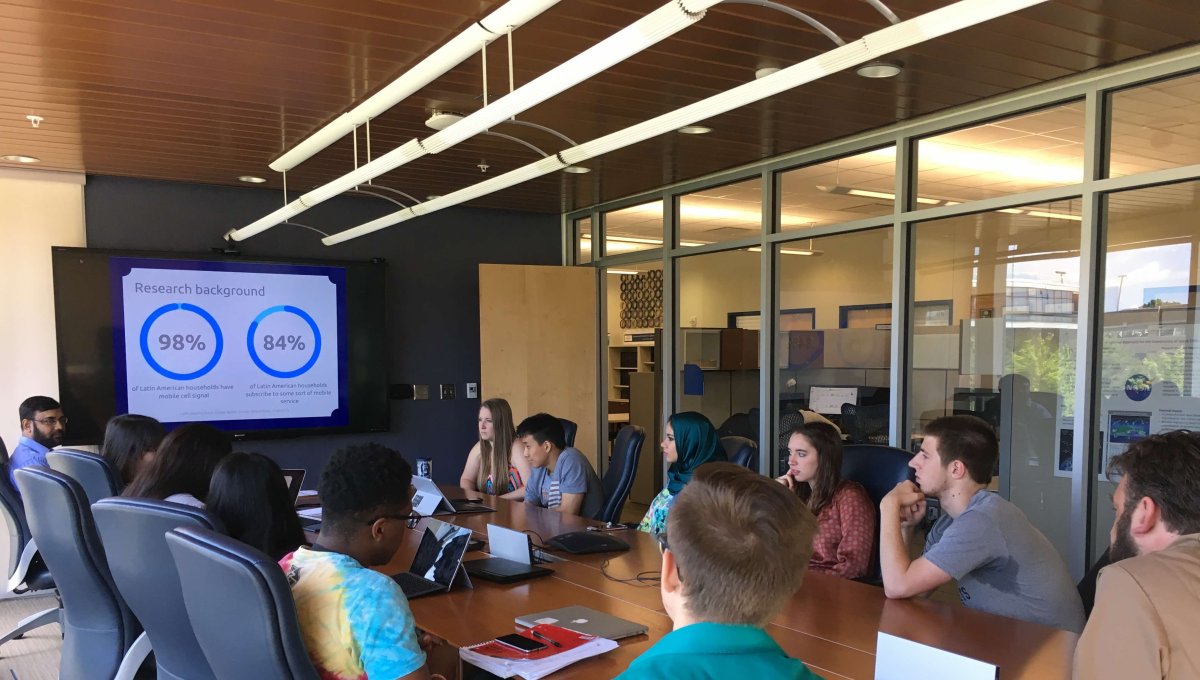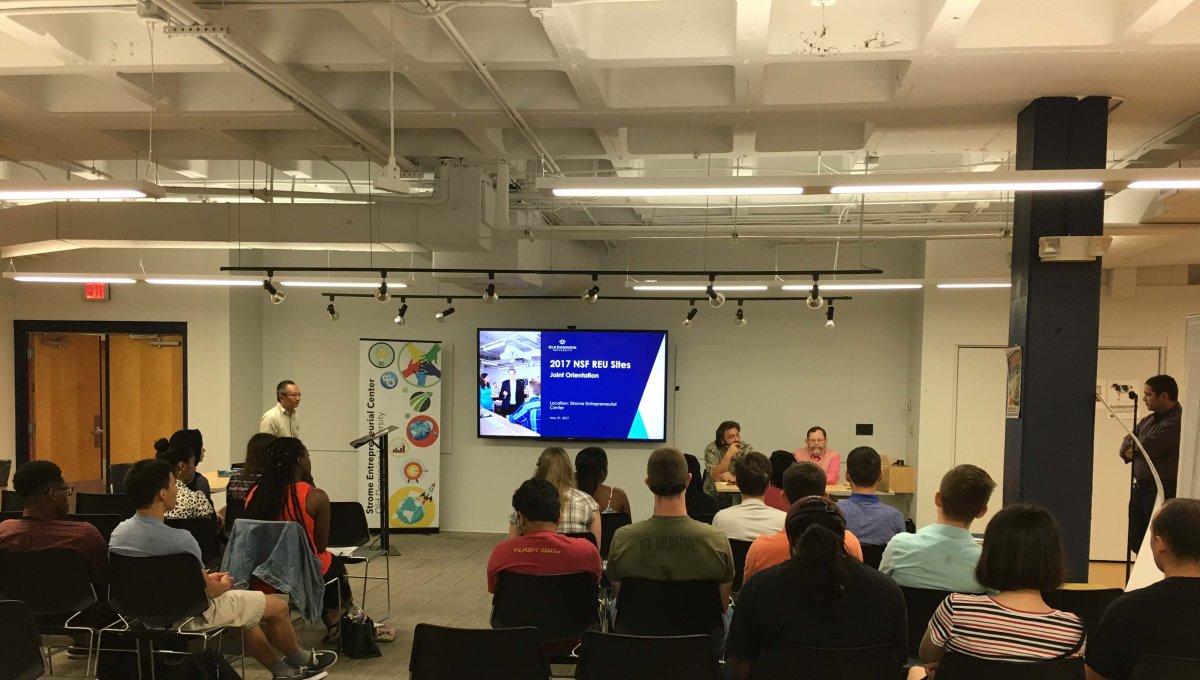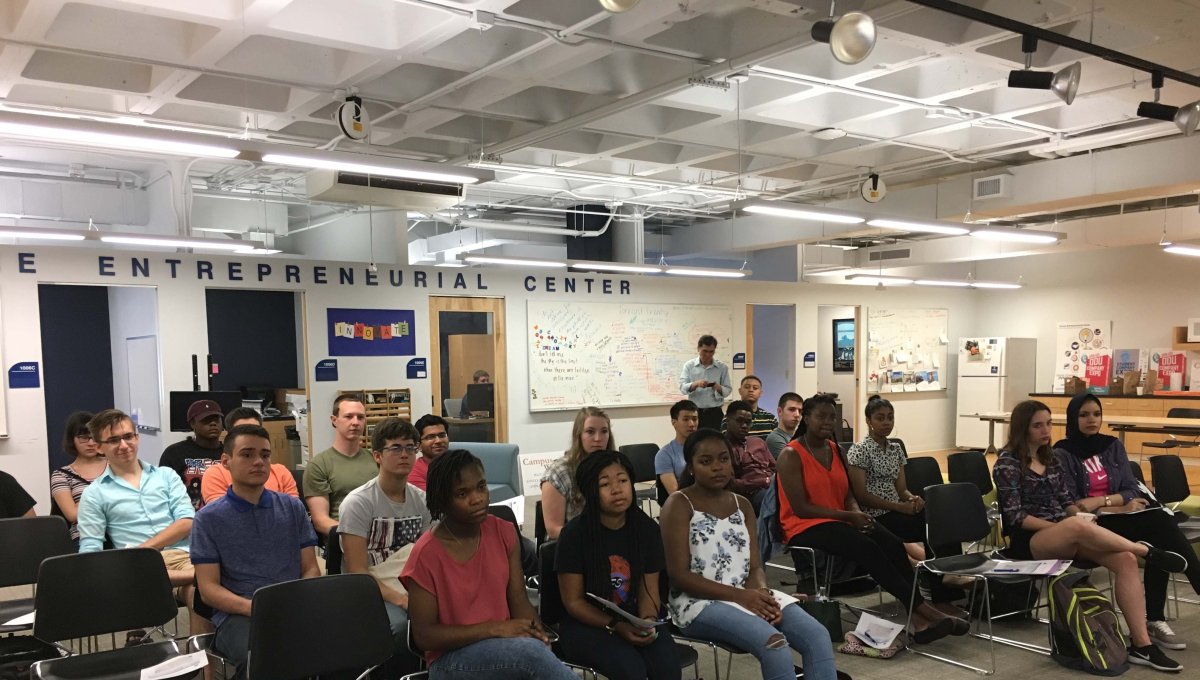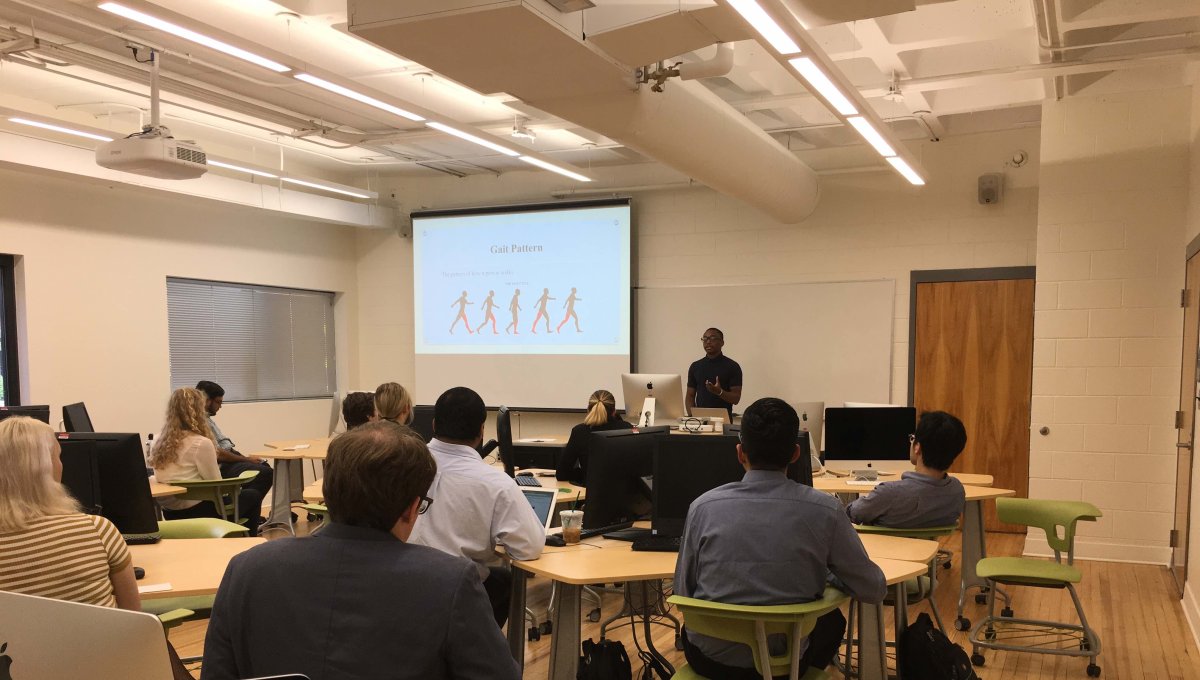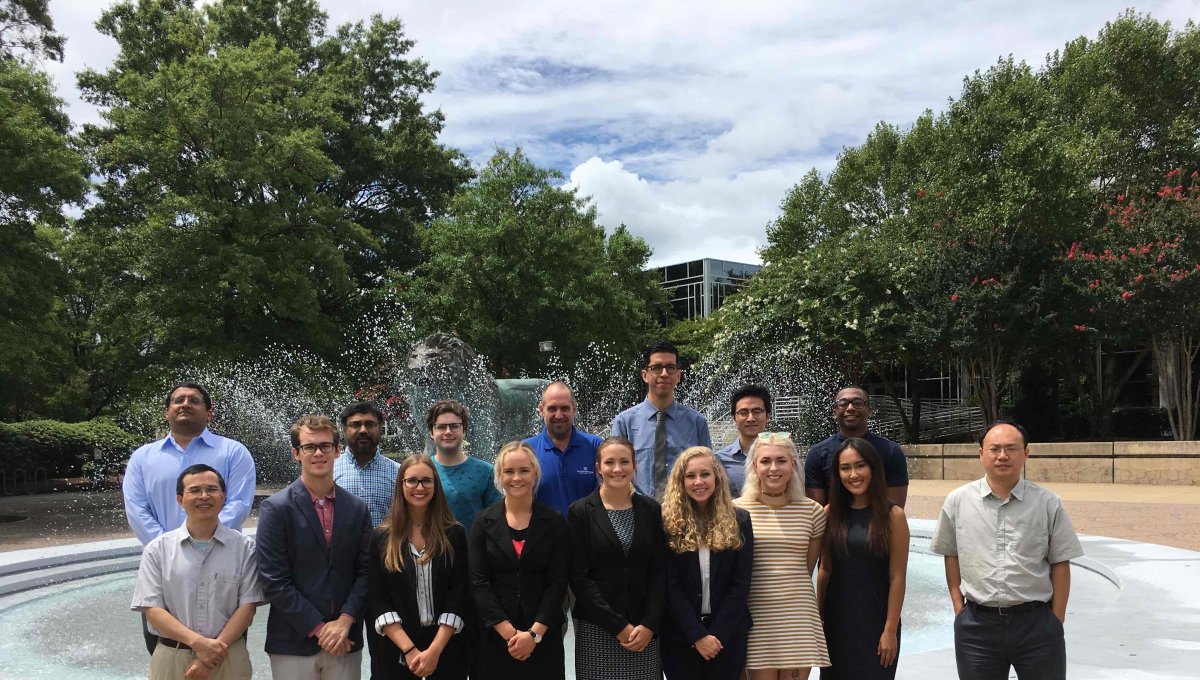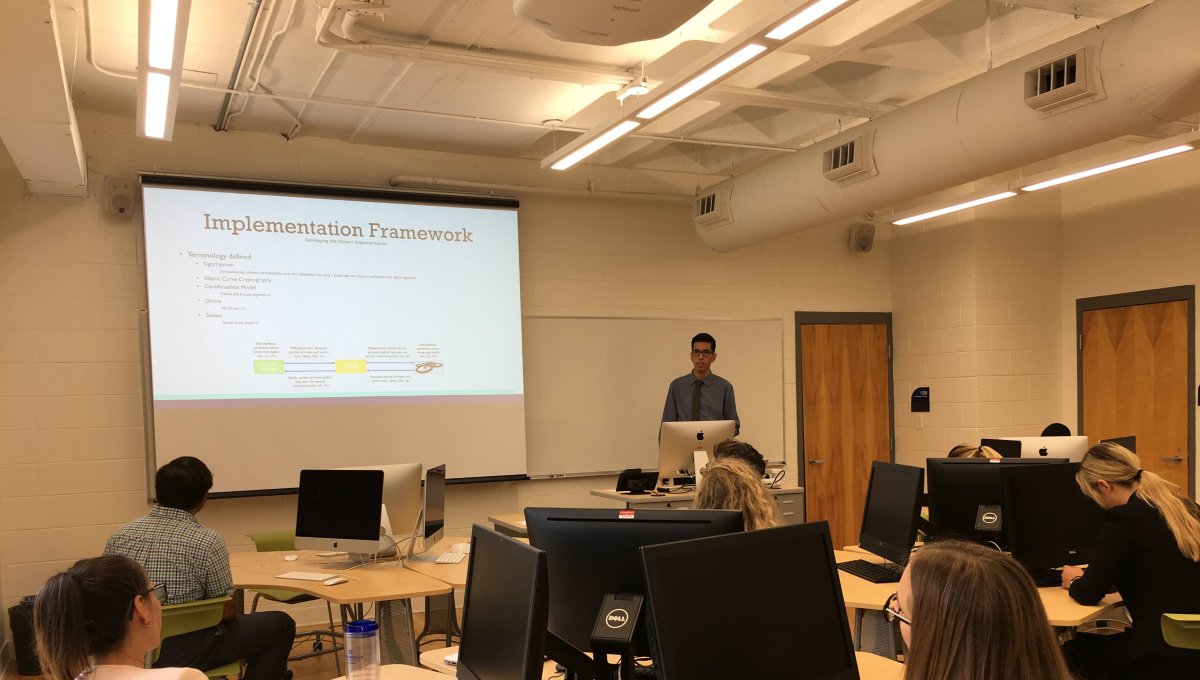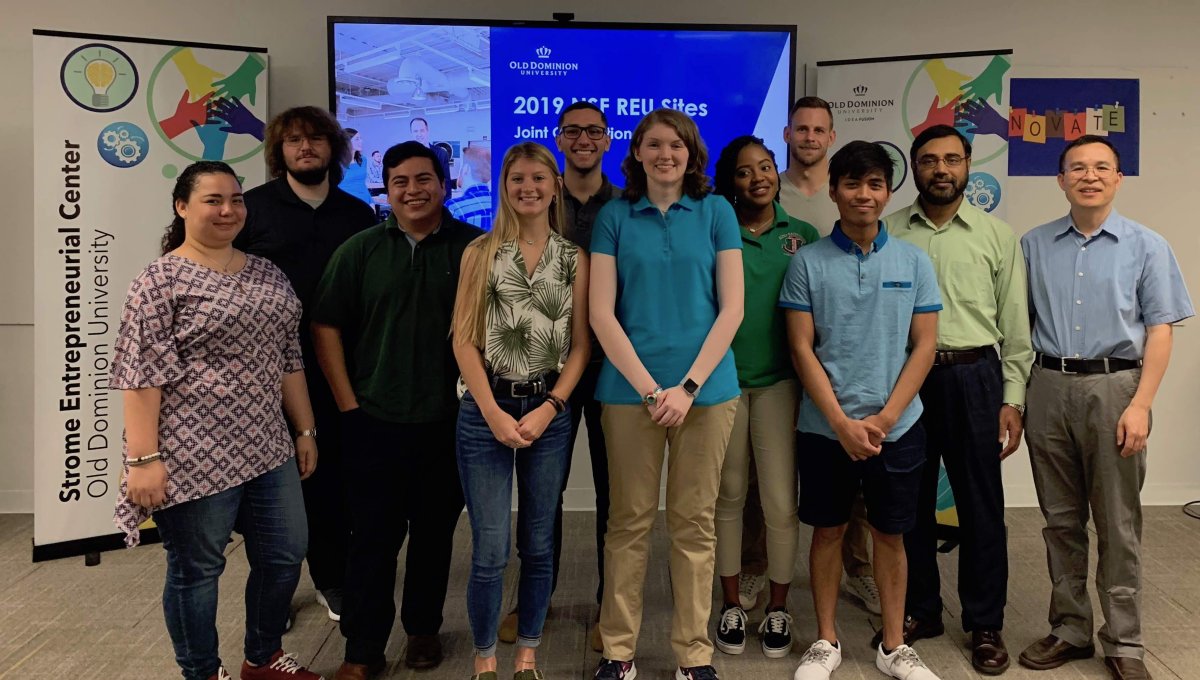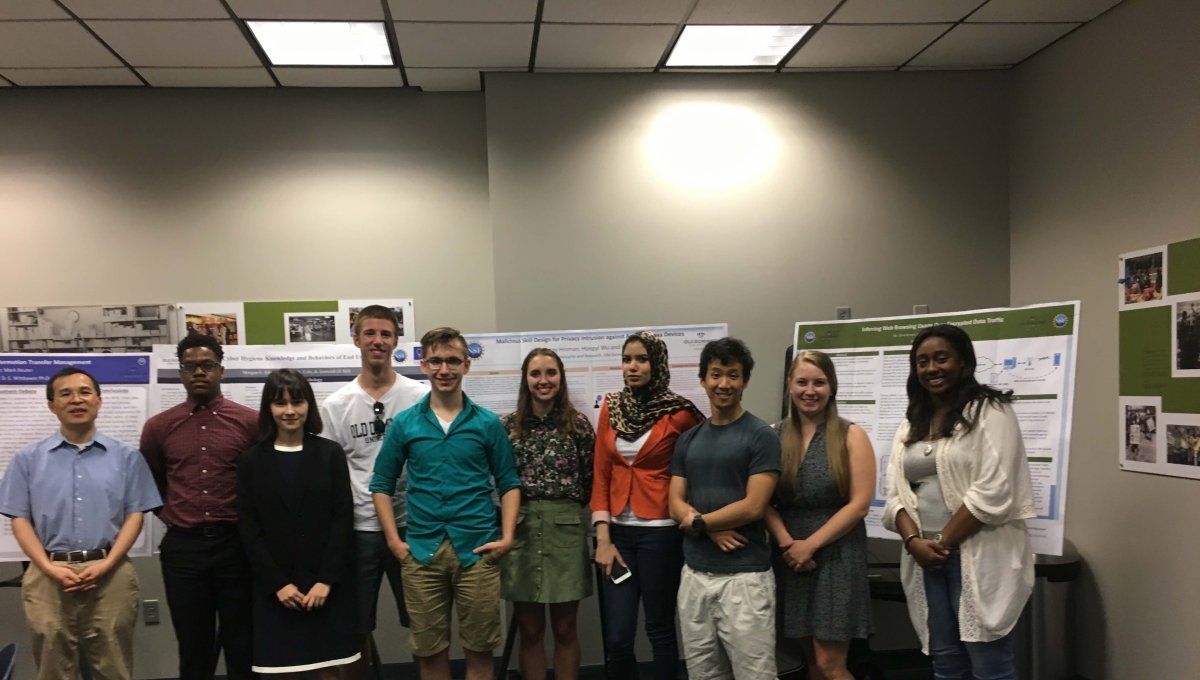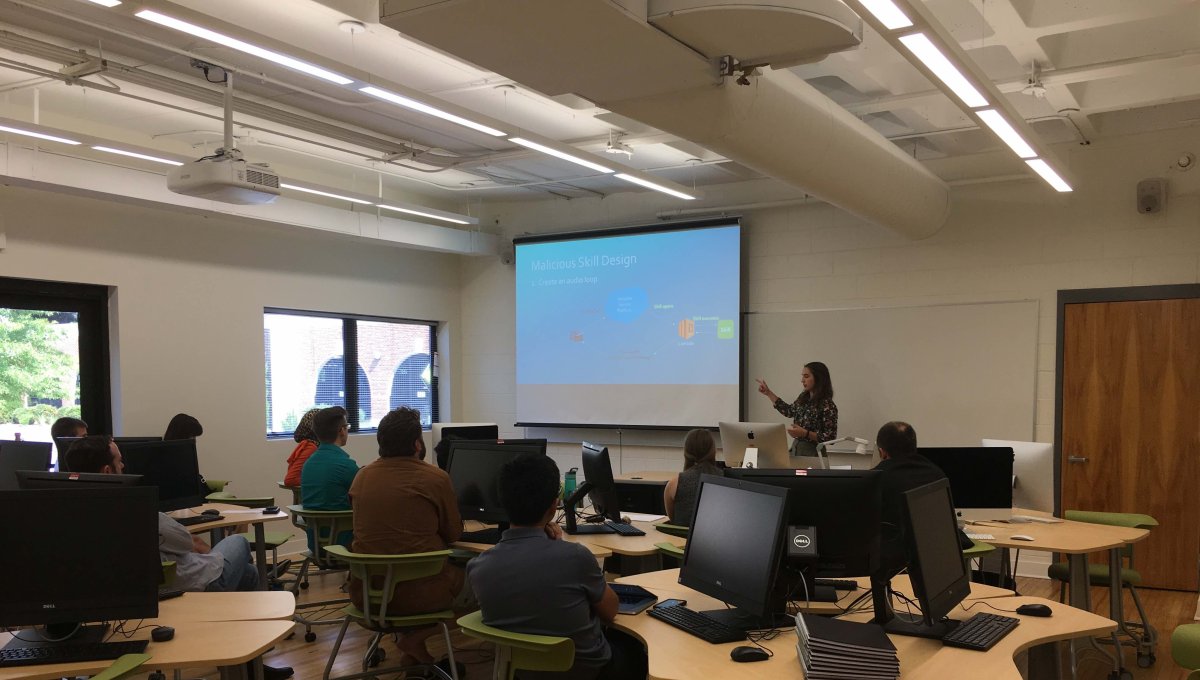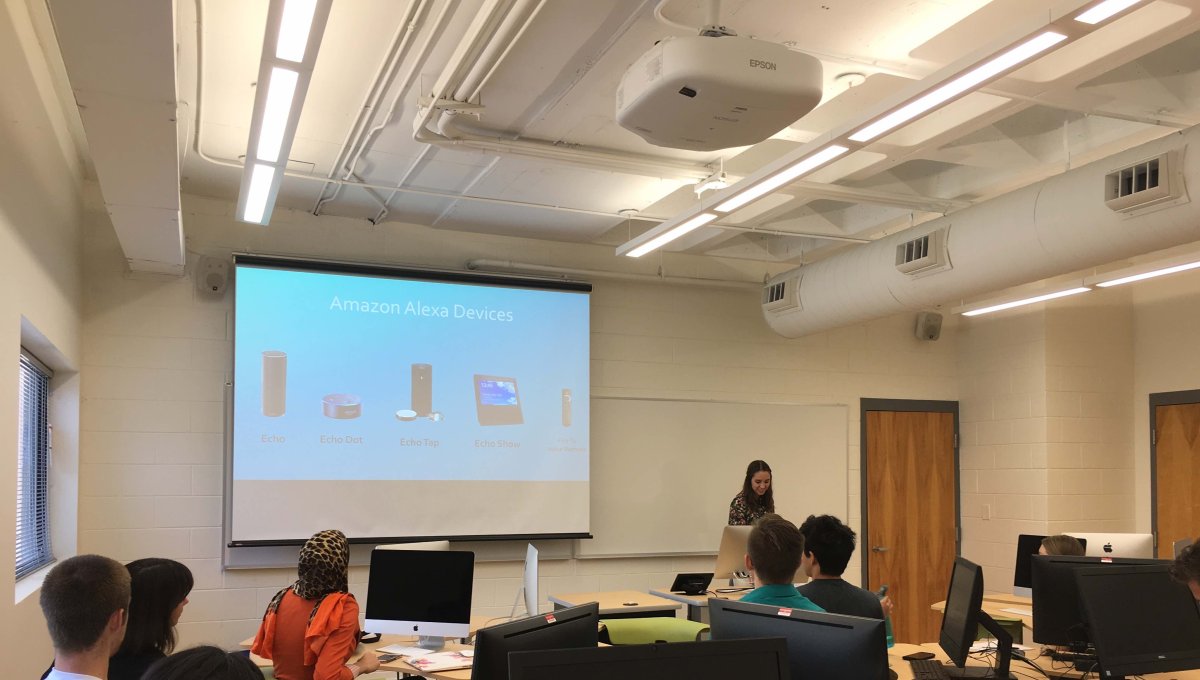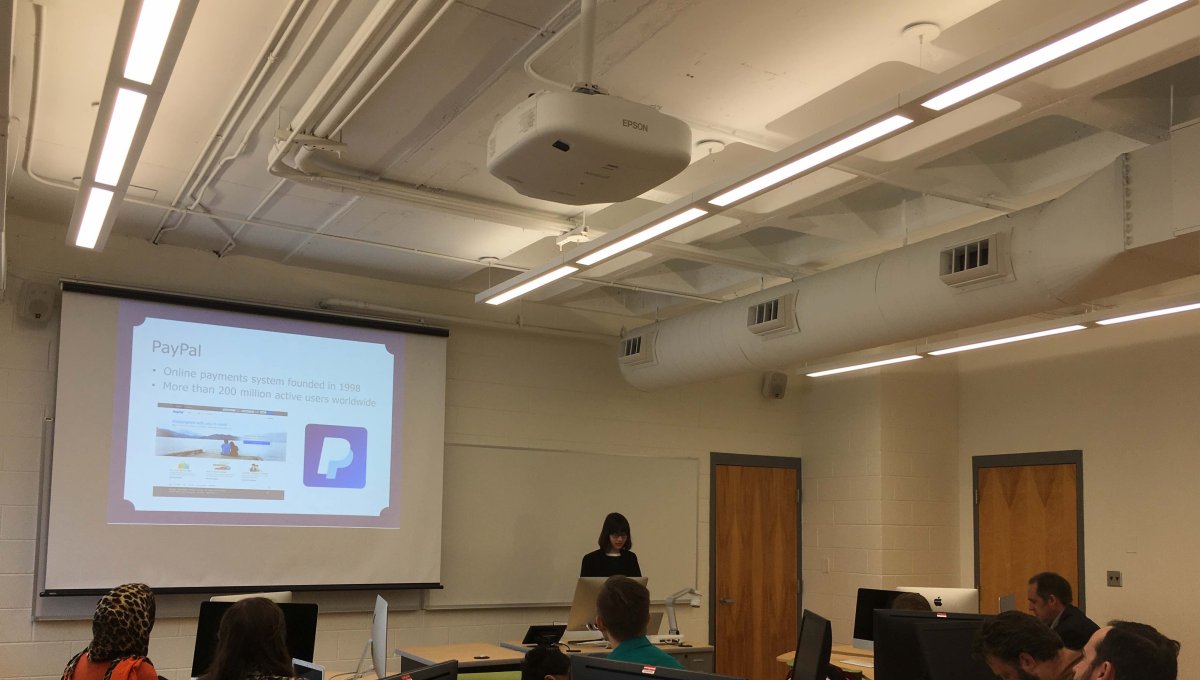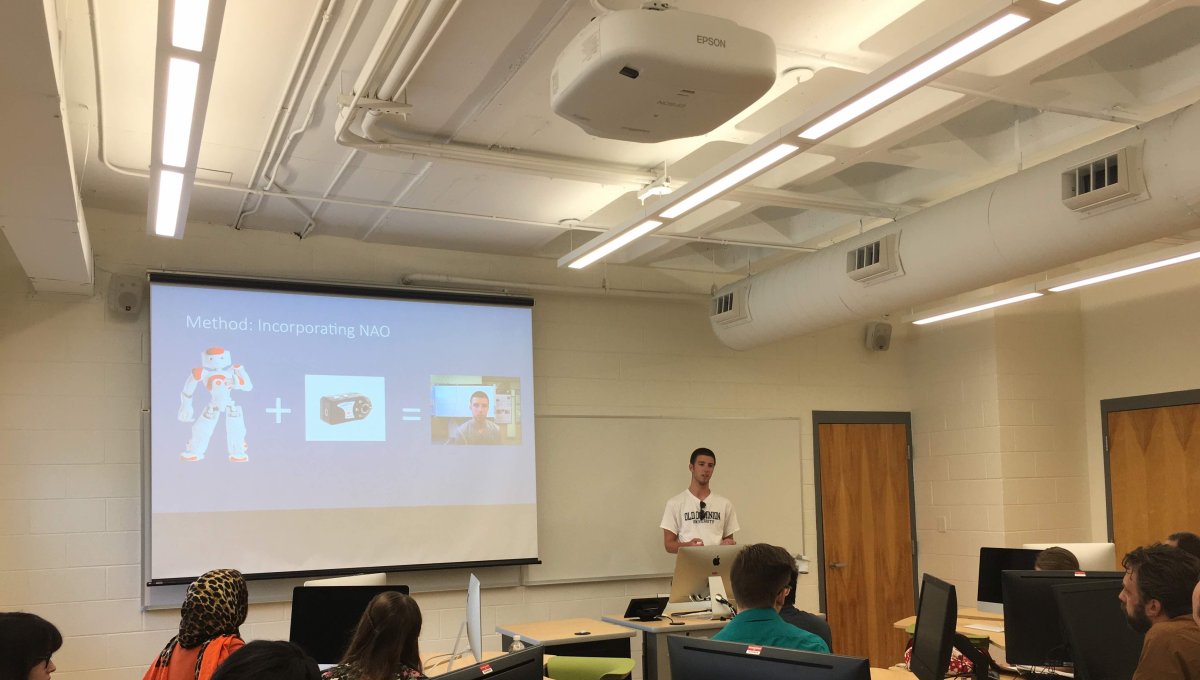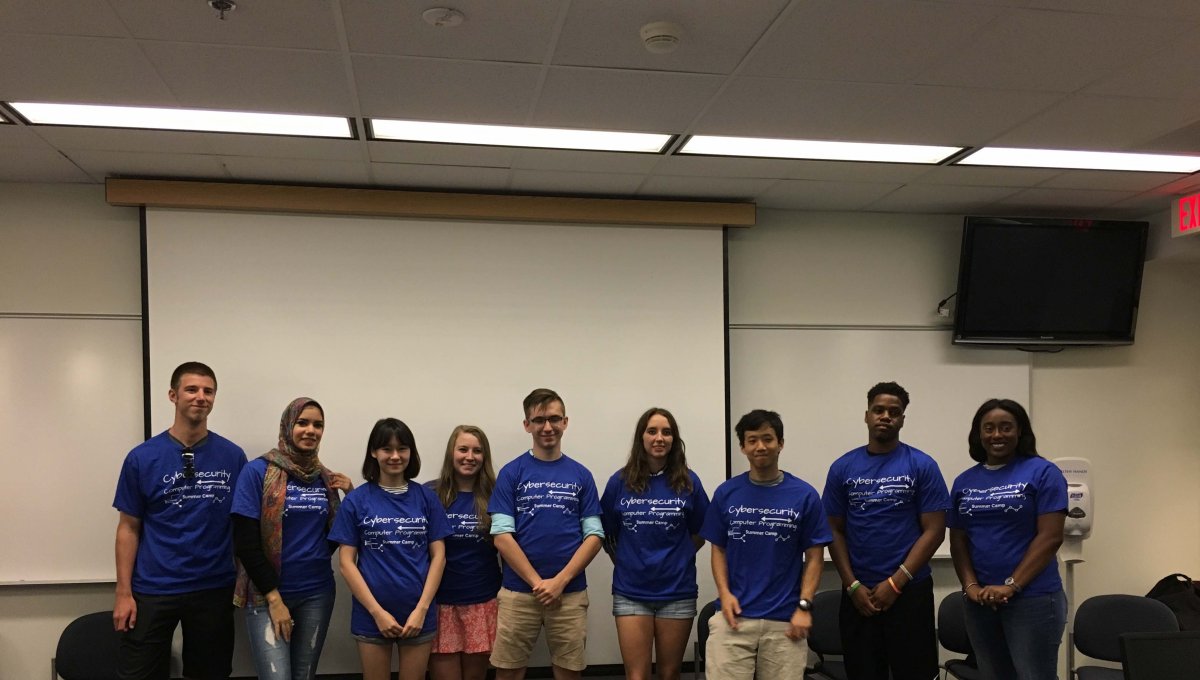REU Site: Deep Learning Driven Cybersecurity Research
Introduction
Cybersecurity is a priority area of national need. As a multidisciplinary field, cybersecurity requires that the professionals have knowledge and skills in various disciplines. In this REU site program, students from multiple disciplines, such as computer science, computer engineering, criminal justice, information technology, and psychology, will explore a variety of cybersecurity topics, using Deep Learning or AI as a main methodology. The REU program is also enriched through various seminars, social activities, and field trips to Naval Base Norfolk, and Navy Cyber Defense Operation Command (NCDOC). The REU site program offers unique multidisciplinary learning and research opportunities for undergraduate students in an inherently multidisciplinary cybersecurity discipline. Each student will be able to select his/her preferred mentor and work with the mentor to select an REU research project based on his/her interests and background. The students will master research methodologies and obtain valuable research experiences in an area of critical national need, and also better prepare for graduate studies.
Qualifications
- U.S. citizen or permanent resident
- Must be an undergraduate student during the program period (Graduation date after the program period)
- Preferred GPA 3.0+
- Students from all disciplines or majors will be considered
Requirements
- Perform at least 30 hours/week research with the mentor for 10 weeks,
starting from May 31, 2022 - Attend weekly research meeting and other events
- Write a research report and create a poster at the end of the program
Support
- $7,200 for stipends and food
- Free on-campus housing for 10 weeks and travel support
(conditioned on that the REU program is hosted on-site at
ODU)
Program Period
10 weeks, from May 31 to August 5, 2022
How to Apply
Deadline: The applications will be reviewed on a rolling basis. You will need to have a google or gmail account to log in, in order to upload the following documents in the application process.
i) Resume: list education (post secondary), academic and research achievement (honor, awards, etc.),
research experience, skills, and other special qualifications if any.
ii) The transcripts from the post secondary institutions you have attended. Unofficial transcripts are
acceptable for the application. If you are selected to join the program, the official transcripts will be needed.
iii) Cover letter (optional): describe your interest in cybersecurity, your career goal, etc.
After you have resume and transcripts ready, please click the following link to start your application. You will have the opportunity to select three prefered mentors during the application. Hence you are suggested to review the research areas of the mentors below, and make your selection. You will work with your mentor to select a research project in the beginning of the REU program (early June). Please feel free to reach out to the mentor or Dr. Xin if you have any questions.
In addition, please request a recommendation letter from a professor of your college. You
can either upload in the application form, or arrange to send it to the
program director Dr. Xin (cxin@odu.edu).
Faculty Mentors
Dr. Chunsheng Xin, Professor, ECE Dept.
Research Areas: Wireless network security, IoT security, GPS spoofing
Dr. Khan Iftekharudin, Interim Dean, College of Engineering
Research Areas: Computer vision, face recognition, security monitoring
Dr. Hongyi Wu, Director, School of Cybersecurity
Research Areas: Smart device, IoT, AI security and privacy
Dr. Brian K. Payne, Vice Provost, Professor, Criminal Justice Dept.
Research Areas: Cyber crime
Dr. Sachin Shetty, Professor, MSVE Dept.
Research Areas: Risk assessment, cyber insurance
Dr. Jiang Li, Professor, ECE Dept.
Research Areas: Machine learning, intrusion detection
Dr. Danella Zhao, Associate Professor, Computer Science Dept.
Research Areas: UAV, Internet of
Things
Dr. Jing Cheng, Assistant Professor, Psychology Dept.
Research Areas: human factors, autonomous driving, human trust in automation, risk communication
Dr. Bin Hu, Assistang Professor, Engineering Technology Dept.
Research Areas: Vehicular
Networks, Safe Reinforcement
Learning
Dr. Cesar Pinto, Associate Professor, Engineering Management & Systems Engineering Dept.
Research Areas: risk management
in engineered systems
Dr. Wu He, Associate Professor, Information Technology Dept., (on leave)
Past REU Students Publications
- R. Burks, K. Islam, Y. Lu and J. Li, "Data Augmentation with Generative Models for Improved
Malware Detection:A Comparative Study," in Proc. IEEE Annual Ubiquitous Computing,
Electronics and Mobile Communication Conference (UEMCON), 2019, New York City, NY - S. Liu, W. He, and X. Tian, "Research on Security Visualization: A Survey," in Proc. 59th
Annual IACIS Conference, Oct. 2019, Clearwater Beach, FL (IACIS Jay Liebowitz Best Student
Research Paper Award) - B. Payne, B. Hawkins, C. Xin, "Using Labeling Theory as a Guide to Examine the Patterns,
Characteristics, and Sanctions Given to Cybercrimes," American Journal of Criminal Justice,
vol. 44(2), pp. 230-247, Apr. 2019 - A. A. Cain, M. E. Edwards, and J.D. Still, "An exploratory study of cyber hygiene behaviors
and knowledge," Journal of Information Security and Applications, vol. 42, pp. 36-45, Oct.
2018 (Impact Factor: 1.65) - A. Davenport, S. Shetty, X. Liang, "Attack Surface Analysis of Permissioned Blockchain
Platforms for Smart Cities," in Proc. IEEE International Smart Cities Conference (ISC2), Sep.
2018, Kansas City, MO - A. Kepto, B. Payne, C. Xin, "Hacks and Cybersecurity Set Backs-An Analysis of Organizational
Hacks from 2015-2018," in Proc. Annual Conference of the Southern Criminal Justice
Association, 2018, New Orleans, LA - H. Wiggins, B. Payne, C. Xin , "An Inside Look at Inside Breachers," in Proc. Annual
Conference of the Southern Criminal Justice Association, 2018, New Orleans, LA - C. Logan, W. He, "Comparing security risks to PayPal transactions in the United States and
Mexico", in Proc. 18th Global Information Technology Management Association (GITMA)
World Conference, July 2018, Mexico City, Mexico - B. Hawkins, B. Payne, C. Xin, "An Examination of the Patterns, Characteristics, and
Sanctions Given to Cybercrimes: Street Crime, White-Collar Crime, International Crime, or
All of the Above," in Proc. Academy of Criminal Justice Science (ACJS) Annual Conference,
2017, New Orleans, LA - D. Bussey, A. Glandon, L. Vidyaratne, M. Alam and K. M. Iftekharuddin, "CNN Transfer
Learning for Robust Face Recognition in NAO Humanoid Robot," in Proc. IEEE Symposium
Series on Computational Intelligence (IEEE SSCI), 2017, Honolulu, HI - M. Chowdhury, F. Dowuona-Hammond, G. Konowicz, J. Li, C. Xin, and H. Wu , "A low-shot
Deep Learning Approach for Improved Intrusion Detection," in Proc. IEEE Annual
Ubiquitous Computing, Electronics
Past REU Projects
The REU project is selected together by the student and the mentor based on the student interests and background. The following is a list of selected past REU projects.
- Measurement of Energy Impact on Blockchain Technologies: Cryptocurrency Mining
- Visualization and Prevention of Backdoor Attacks in CNN model
- Person Identification from Skeleton Data via a Convolutional Co-occurrence Feature Learning Network
- Using Torchattacks to Improve the Robustness of Models with Adversarial Training
- The Effect of the Coronavirus on Cyberbullying Research Methods
- Deep Learning Based Malware Classification Using Variational Autoencoders(VAE)
- Cybersecurity and Cybercrime: a Multi-Level Analysis
- Application of Homomorphic Encryption on Mesh Smoothing
- Generalized Deep Learning Model for Automated Threat Detection
- AccPhantom: An Accelerometer Side-Channel Attack Approach Utilizing Connectionist Temporal Classification on Recurrent Neural Networks
- Continuous Authentication of Smartphone users: Touchscreen interactions
- Despect: A Framework for the Creation of Microarchitectural Datasets
- Data Augmentation with Generative Models for Improved Malware Detection: A Comparative Study
- Radio Frequency Toolbox for Detection and Classification of Drones
- Deep Learning Malware Detection using End-to-end Training
- An Insider Look at Your Insider Threat: An Analysis of Insider Breaches
- Twitter Social Bots: DIY Grassroots Campaign
- Improve Security in Smart Drones
- Transfer Learning for CNN based Robust Face Recognition in NAO Humanoid Robot
- Comparing Security Risks to PayPal Transactions in the United States and Mexico
- Inferring Web Browsing Usage Over Encrypted Data Traffic
- Intrusion Detection using Machine Learning
- Cybercriminals and the Punishment
- Malicious Skill Design for Privacy Intrusion against Amazon Alexa Devices
- Cyber Hygiene Knowledge and Behaviors of End Users



